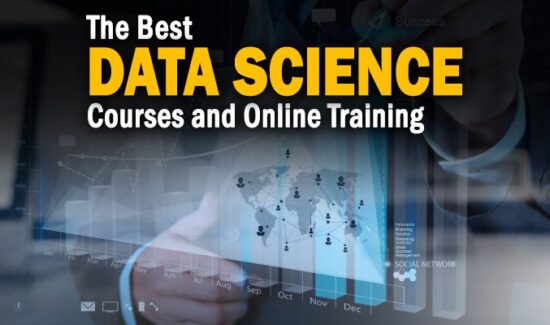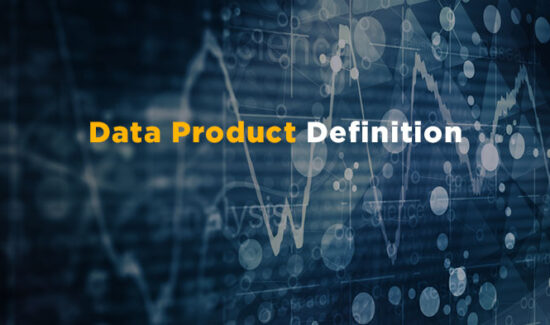Business Intelligence vs. Data Analytics; What’s the Difference?


There is a clear overlap that exists between business intelligence and data analytics, and this is evident by the fact that the two terms are used interchangeably. When asked, most industry experts will group the two terms together, but for those that are serious about turning data into actionable insights, it is important to differentiate them.
Even though the vast majority of enterprise organizations deploy one right next to the other, the two processes are different, and one thing is for sure – you can’t successfully practice one without the other. In an attempt to gain a clearer focus, let’s break each one down.
Business Intelligence
Business intelligence is the use of data to help make business decisions. BI as it’s commonly referred to, is a broad umbrella term for the use of data in a predictive environment. Business intelligence encompasses analytics, acting as the non-technical sister term used to define this process. BI often refers to the process that is undertaken by business analysts in order to learn from the data they collect in a post-analysis phase. Conversely, business intelligence can also be used to describe the tools, strategies, and plans that are involved with data-driven decision making.
Data Analytics
Data analytics is a data science. If business intelligence is the decision making phase, then data analytics is the process of asking questions. Organizations deploy analytics software when they want to try and forecast what will happen in the future, whereas BI tools help to transform those forecasts and predictive models into common language. In today’s data-heavy marketplace, analytics solutions are used to provide descriptions of the ways a user can break data down and view the trends that occur over time. You set up a business intelligence initiative, but you do data analytics.
The Bottom Line
Data analytics is how you get to business intelligence. The analytics process is what brings business users to a place where they can accurately make predictions about what will happen in the future. That is exactly what makes a business “intelligent.” In this way, analyzing data is the question-answering phase leading up to the decision making phase in the overall scheme of business intelligence.



































